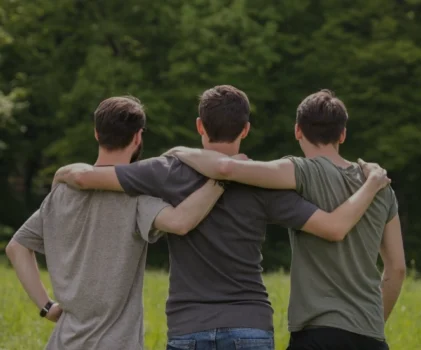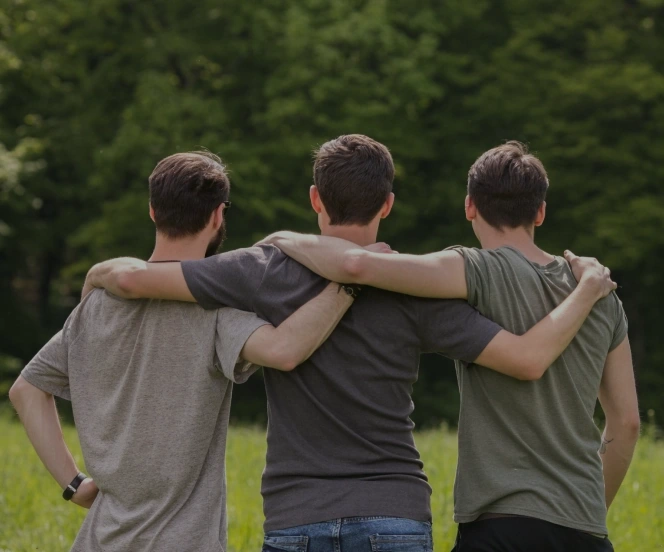Dealing With Triggers in Recovery: 6 Tips To Consider
Home »

In a moment’s time, you may feel overwhelmed and simply unable to pull yourself together. Generally speaking, they’re anything that causes you to want to use drugs or alcohol or make you feel the signs of your mental illness, such as panic attacks or bouts of depression. Many people who want to avoid relapse need https://ecosoberhouse.com/ to avoid the triggers once they recognize them. These triggers are thoughts or emotions that make you want to use drugs. Many different stimuli can be possible triggers, and they are often strongly influenced by past experiences. Personally, as someone who lives with mental illness, I have experienced numerous triggers when I’ve been symptomatic.
- They can also build up their coping skills to help them better handle difficult situations.
- Become skillful through practice at managing the triggers you cannot avoid.
- Unfortunately, mental and emotional triggers run deep within us.
- Cocaine and several other illicit drugs also boost levels of dopamine.
What Are Relapse Triggers: Internal Vs External Relapse Triggers
For example, a trigger may elicit a physical reaction, such as heavy breathing or sweating. These feelings can be very difficult to address and quite detrimental to mental health. external triggers examples When triggered, emotions like anger, guilt, and irritability arise along with a decline in self-esteem, paving the way for various unhealthy behaviors.

What can you do if you are triggered?
It becomes easier then to develop strategies for overcoming these challenges and maintaining your progress in recovery. Every individual in recovery from a drug or alcohol addiction needs to work each day to keep their sobriety. During recovery, each person will encounter triggers that could result in relapse. Knowing and understanding how triggers work and being aware of your personal triggers are critical aspects of safeguarding your recovery.
How Does This Trigger a Relapse?
As you embark on this journey of trigger discovery, be patient and kind to yourself. Celebrate small victories and view setbacks as learning opportunities. After all, every insight into your triggers is a step towards greater self-understanding and personal growth. While triggers can sometimes lead to unwanted behaviors, they can also be powerful tools for positive change.

Social Pressure
- While some people manage difficult situations with ease, people in recovery can easily slip back into old habits when dealing with new situations.
- By remaining vigilant and dedicated to your sobriety, you can reduce the risk of falling back into old patterns and maintain your hard-earned progress.
- By understanding the impact of social pressure on relapse and proactively creating a supportive network, you can ensure success in recovery.
Like Pavlov’s dogs, which learned to salivate when they heard a bell ringing, people with addiction learn to crave drugs as a response to certain situations. There may be people in your life who consistently pressure you to drink or use drugs. Assertively communicate your need for sobriety and establish clear limits. It will help you maintain a safe environment that supports your recovery journey. This involves taking time to regularly assess which situations trigger cravings and analyzing how you respond.

CONTACT US


